Rockstar Campers
by Rachel Talen
I have an exciting announcement from The Avril Lavigne Foundation! Last summer, Avril paid a special visit to Easter Seals Camp Oakes in Southern California, meeting with the campers, the volunteer staff and learning about their camp experiences. Avril loved her time there so much that she’s created a way to give even more campers the chance to go to summer camp without worrying about the cost. Through her foundation, Avril created CAMP S.T.A.R.S., which stands for Summer Time Avril Rock Stars, and will help send 50 kids with disabilities to camp this summer who otherwise might not be able to afford it. CAMP S.T.A.R.S. will launch at 5 sites across the U.S. and Canada this summer, including Easter Seals Southern California, Easter Seals Washington, Easter Seals North Carolina & Virginia, Easter Seals Greater Houston, and Easter Seals Alberta, Canada.
CAMP S.T.A.R.S. is an expansion of the Avril Lavigne Foundation’s Rockstar Club at Easter Seals, and it’s designed to support recreational programming for kids and youth with disabilities to explore their talents, make friends, have fun and learn new skills. Avril Lavigne went to summer camps when she was a kid, so she knows how valuable a summer camp experience can be. Seeing the campers being able to participate in fun activities and make new friends was a great feeling that inspired her vision for The Avril Lavigne Foundation.
I love a quote I heard from camper Joy Durkee who has been attending Easter Seals Camp Oakes in Southern California for 20 years: “Camp helped me make friends, learn to take care of myself and become more independent,” she said. “It is truly the happiest place on earth!”







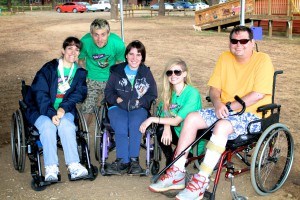
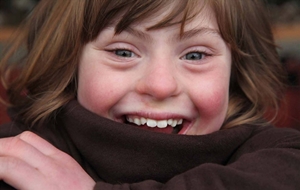
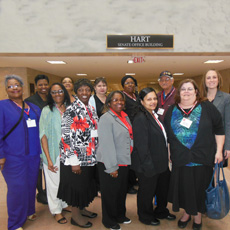
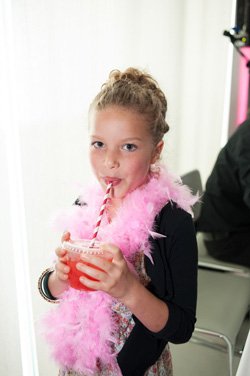
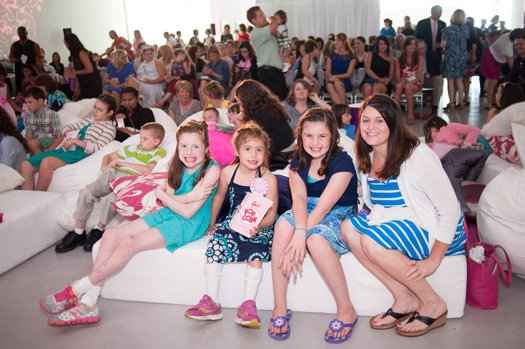
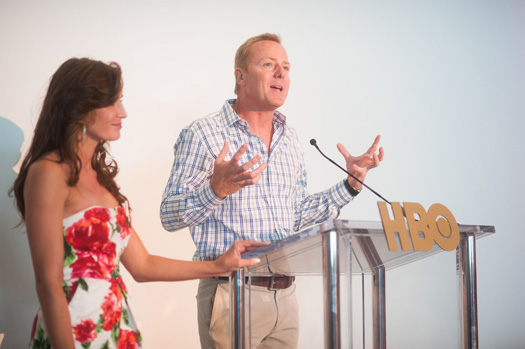
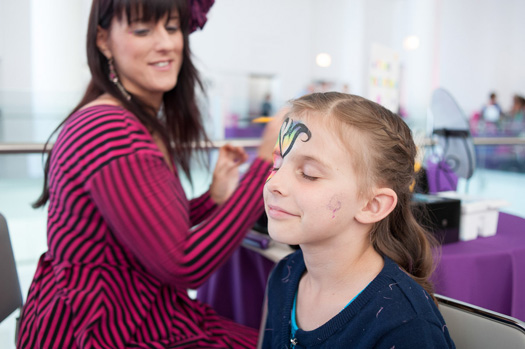
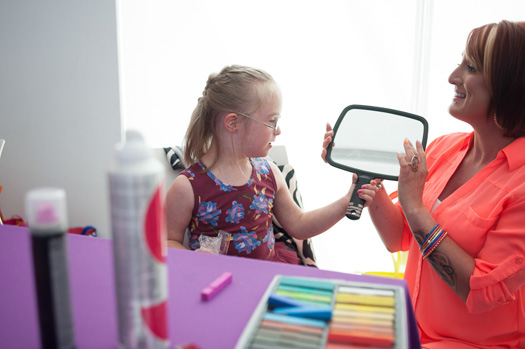
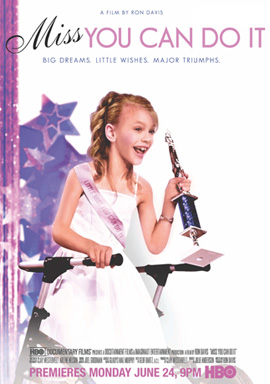
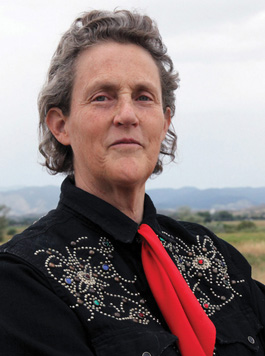 Recently, Temple Grandin was on Katie Couric’s show
Recently, Temple Grandin was on Katie Couric’s show